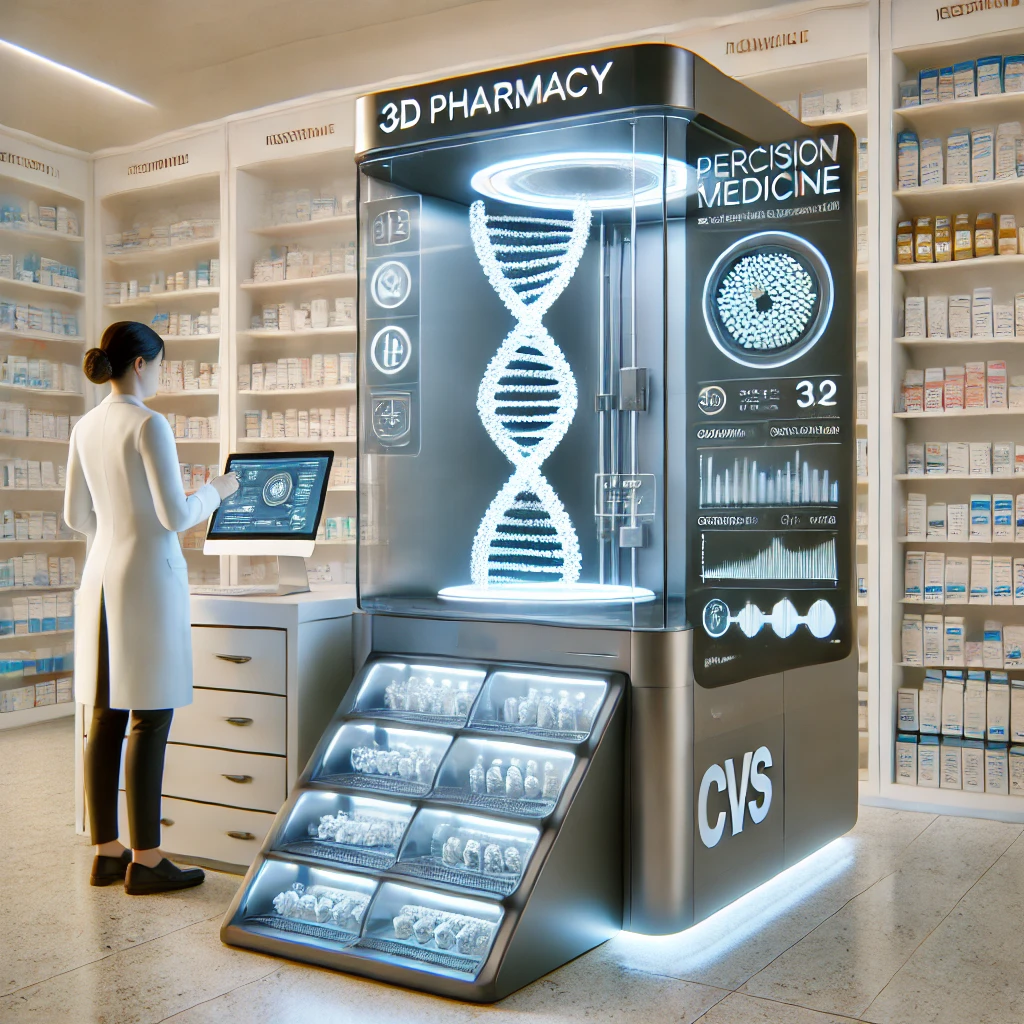Imagine you’re tackling a home improvement project and want to repaint a damaged wall to match the original color. To do this, you would need to peel off a small section of the wall with the existing paint and take it to a HomeDepot store. At the paint counter, an employee would use a computer with a color-matching detector to analyze the sample and mix a custom paint formula to replicate the original shade. The result? A personalized paint match that restores your wall to its former look.
In a similar way, consider the idea of tailoring medical treatments to individuals. For example, in 2019, a survey in Mainland China revealed that “Ho” (何) was the 17th most common surname, shared by approximately 14 million people. According to Chinese tradition, individuals with the same surname often trace their lineage to a common ancestor. This concept of shared heritage highlights the importance of genetics, which can also play a critical role in personalizing medicine.

SuperAntibody represents the next generation of self-healing medicine, designed to cater to each patient’s unique genetic profile. Known as personalized medicine, this approach tailors treatments to the specific needs of an individual, unlike today’s “one-size-fits-all” model, which often struggles to accommodate the genetic differences among patients. By analyzing genetic profiles, along with data from patients worldwide or from those who share common ancestry—such as individuals with the same surname—AI can help customize medicines to suit each patient’s unique biological makeup.

This revolution in personalized medicine offers a range of benefits. It can identify the most effective treatments, reduce the risk of side effects, and improve survival rates for patients with severe conditions. Imagine a future where a patient could simply walk into a local pharmacy, like CVS, and order medication tailored specifically to their genetic profile. If certain treatments aren’t readily available due to ongoing research, advanced 3D medicine printing could step in. Powered by AI, these printers would create custom pills or syrups using precise ingredients optimized for each patient’s genetic, environmental, and lifestyle factors.

The fusion of AI and big data is paving the way for this transformation. By collecting and analyzing global patient data—such as shared surnames, family lines, regions, and ethnicities—AI can develop highly targeted treatments. These personalized approaches are far more effective than the traditional “one-size-fits-all” method, marking a new era in medicine where treatment is tailored to the individual, just like a custom paint mix for a home improvement project.



